For the placement of dental implants, a hole is needed in the jawbone. This task can be handled using dental implant drills, which are designed to rotate rapidly and painstakingly create the opening. Different kinds of these drills exist, varying in size and purpose – each based on the specific dimensions and location of the cavity to be carved into the jawbone.
Depending on the implant size and type, dental implant drills can be constructed from a variety of materials, which include titanium, stainless steel and zirconia. While titanium and zirconia tools are more suitable for placing small implants, larger ones usually require a robust stainless steel drill.
The size of drill bit selected for implant placement is contingent upon the size of the implant being inserted; a small implant will necessitate a small drill bit, and a larger one will need an accordingly bigger drill bit. The same applies to the type of drill bit which must be verified to ensure it is compatible with type of implant.
Securing the implant in its assigned position is paramount to achieving a successful result. The drill must be expertly placed within the jawbone, carefully positioned so that the dental implant is adjacent to the initial tooth. When enshrined suitably, the jawbone cradles the implant to ensure exact placement.
Inaccurate positioning of a dental implant can lead to a lack of integration with the jawbone, potentially resulting in its unsuccessful fusion and requiring its elimination.
The dental implant drill is inserted into the jawbone and rotates swiftly, creating the desired opening. Depending on the hole dimension and location, various types of dental implant drills are suitable for the task.
The kind of dental implant drill utilized in a particular procedure depends on the size of the implant that needs to be placed. Stainless steel drills are ideal for larger implants, while titanium and zirconia drills are better suited for smaller ones. Each type of drill is crafted from different materials to ensure durability and precision in the operation.
The drill bit chosen for the implant procedure is based on both the size and type of the implant. For smaller implants, a smaller bit will be used, but for larger ones, the drill bit size should be adjusted accordingly. Additionally, each implant calls for a specific type of drill bit to ensure optimal seating.
When positioning a dental implant, the precision of the drill’s placement is vital for success. Placement must be performed in the jawbone in precisely the right spot, allowing the implant to sit nearby to the original tooth. If this step is overlooked or performed incorrectly, it could have untoward results for the longevity of the implant.
Incorrect placement of a dental implant can lead to a lack of successful fusion with the jawbone, which can unfortunately ultimately result in implant removal.
Taking into account the size and location of the hole that needs to be made, the type of dental implant drill will be chosen accordingly. From stainless steel to titanium to zirconia, there is an array of materials utilized in dental implant drills – each one pertinent to the kind of implant being mounted.
The size of the drill bit selected is contingent on the size of the implant being inserted. For more petite implants, a slim drill bit should be used, whereas bigger implants necessitate a much larger bit. Furthermore, what kind of drill bit is chosen is also mainly reliant on the type of implant which needs to be installed.
The successful incorporation of a dental implant hinges on its appropriate positioning. A drill is used to securely install the implant into the jawbone, and it must be situated in exactly the right place within the bone for it to effectively function in place of its predecessor tooth. The implant requires careful alignment in proximity to its corresponding tooth.
Misplacement of a dental implant can cause significant difficulties if it isn’t set securely into the jawbone; leading to implant failure and the necessity for extraction.
Related Product
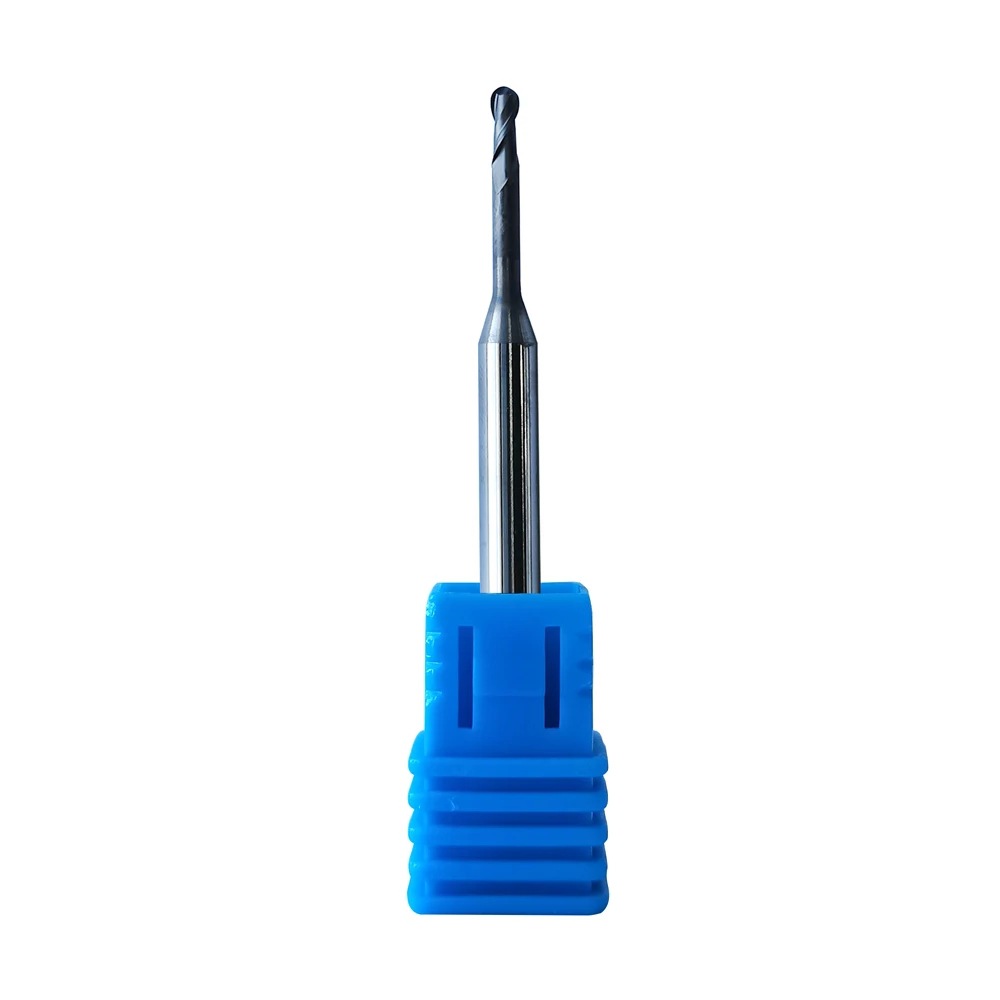
Supply Roland DLC Zirconia Burs
Product Information Origin Tianjing, China Series Dental Bur Brand MSK Cutting Edge Form 2 Blade/3 Blade Ball Diameter (Mm) 0.6, 1, 2 Material Very Fine Grained Cemented Car […]
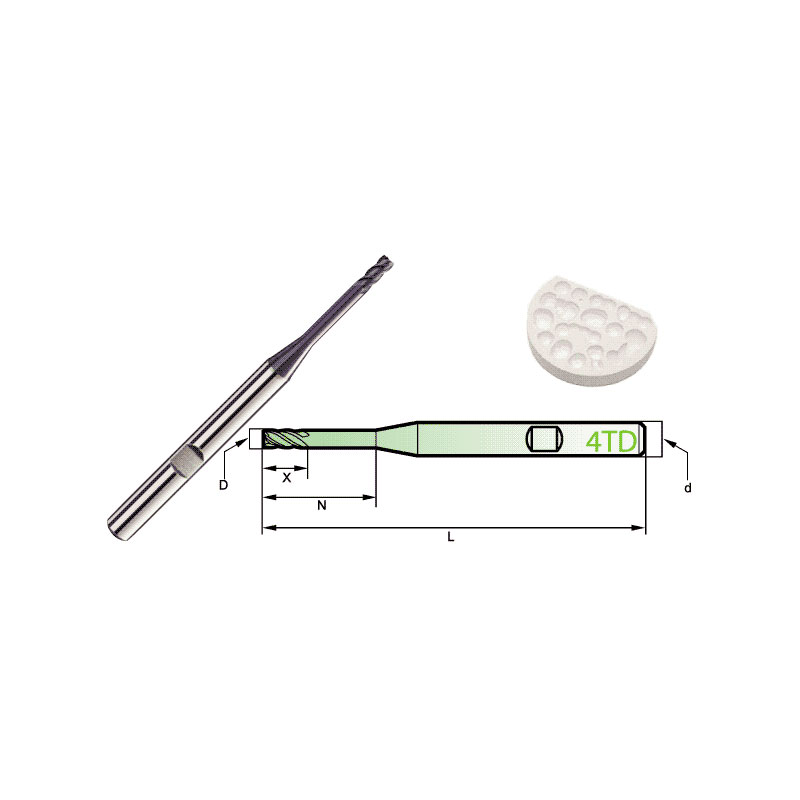
Carbide Roland CAD/CAM Burs
Product Information Origin Tianjing, China Brand MSK Number Of Blades 4 Product Name Dental Special 4-Blade End Mill Model D Number Of Blades Z X N L d 4TD2060HB 2 4 […]
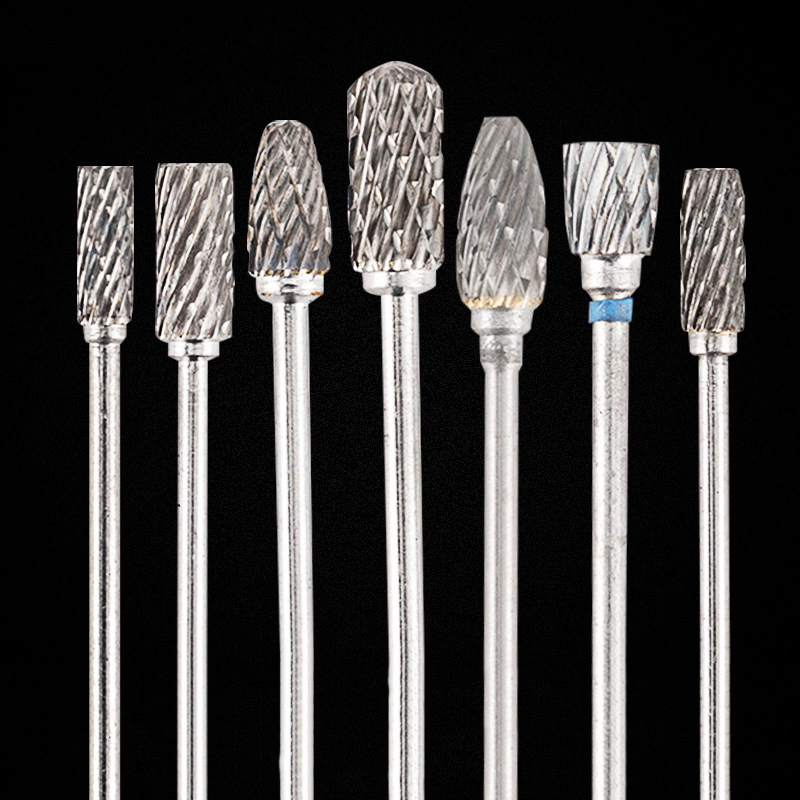
HP Deburring Carbide Burs
Product Information Brand MSK Material Tungsten Steel Model Grinding Head Custom Processing Yes Feature: The dental grinding head is made of tungsten steel with stabl […]
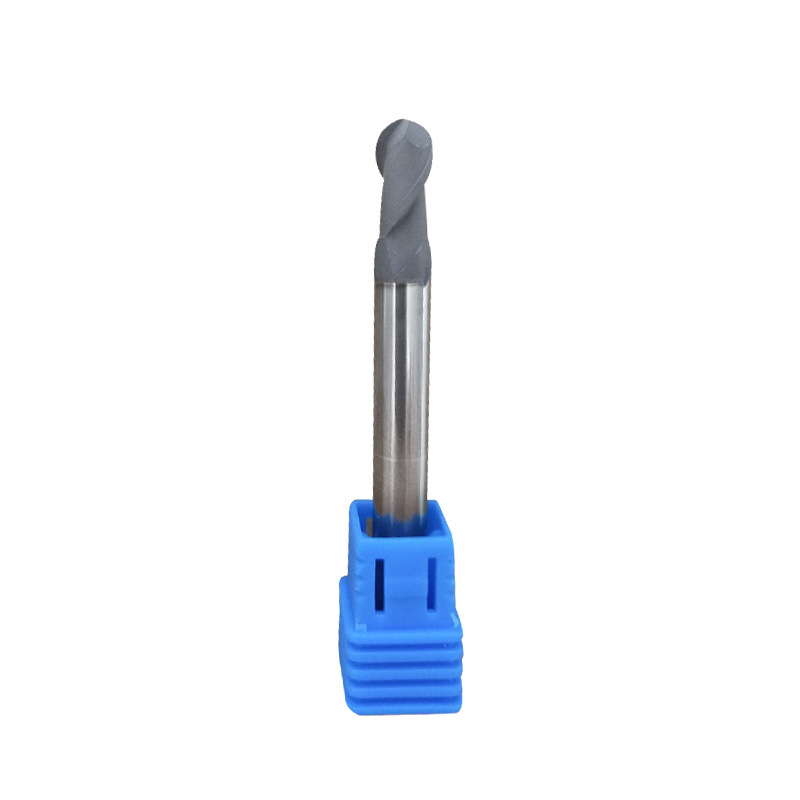
Diamond Coating Round Diamond Cutters
Product Information Origin Tianjing, China Series U Series Brand MSK Cutting Edge Form Helical Structure Ball Diameter (Mm) 3 Material Carbide Minimum Cutting Diameter At Th […]
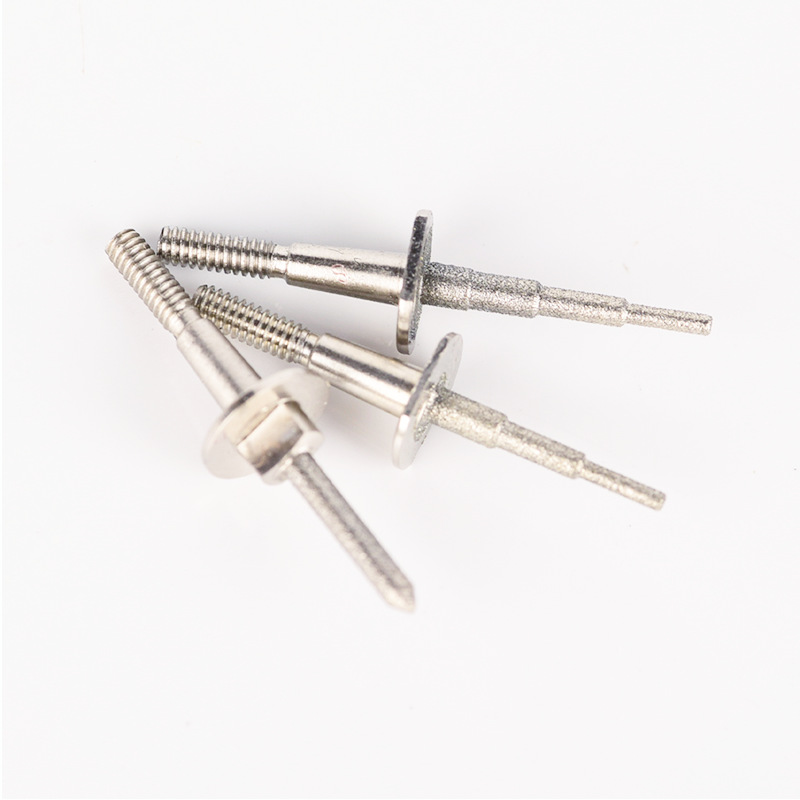
Step Bur Milling Bur Grinder for Glass Cerami
Product Information Origin Tianjing, China Shank Diameter 1.8 (mm) Brand MSK Scope Of Application CEREC3 Grinding Equipment Material Stainless Steel/Carbide Main Sales Areas […]
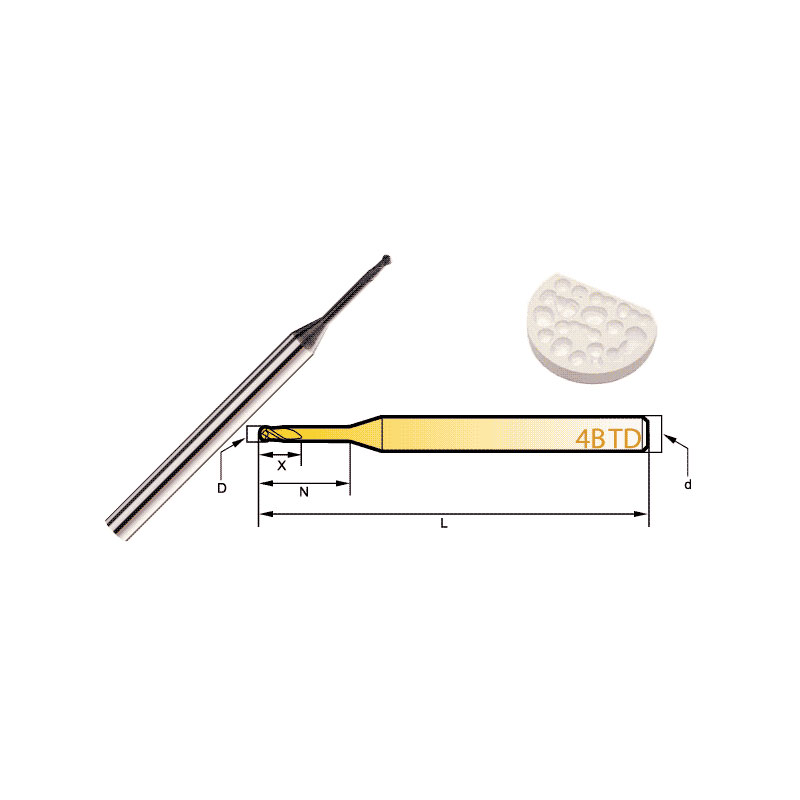
Diamond Bur Ball Round
Product Information Product Name Dental 4-Flute Ball End Mill Brand MSK Model D Number Of BladesZ X N L d 4BTD2060 2 4 6 6 50 3 4BTD2010 2 4 6 10 50 3 4BTD2016 2 4 6 […]
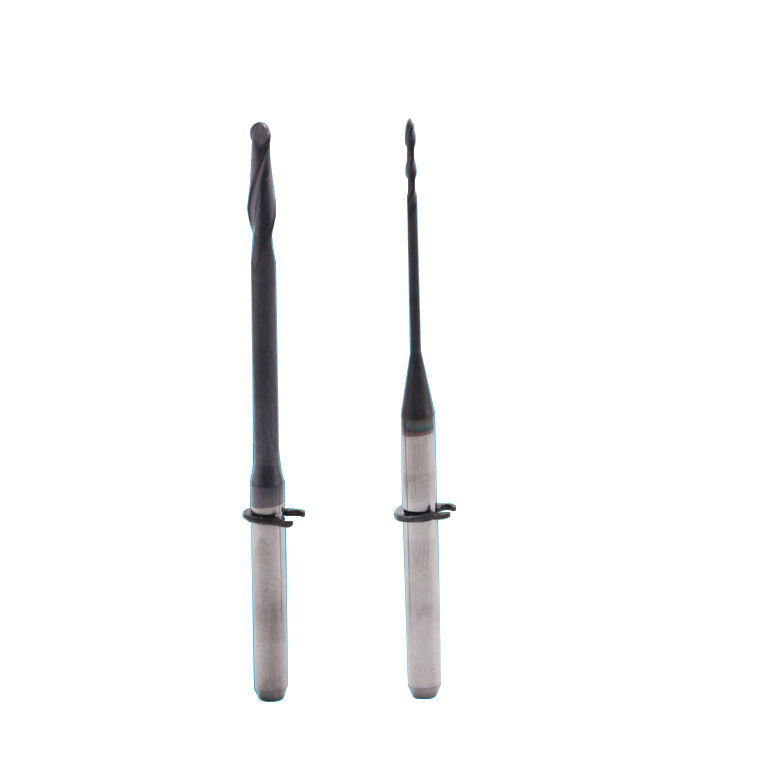
Dental CAD/CAM Milling Burs
Product Information Origin Tianjing, China Material Stainless Steel Brand MSK Applicable Machine Tools A Variety Of Options Custom Processing Yes Whether To Coat No Is It a […]
Post time: 2023-06-29
